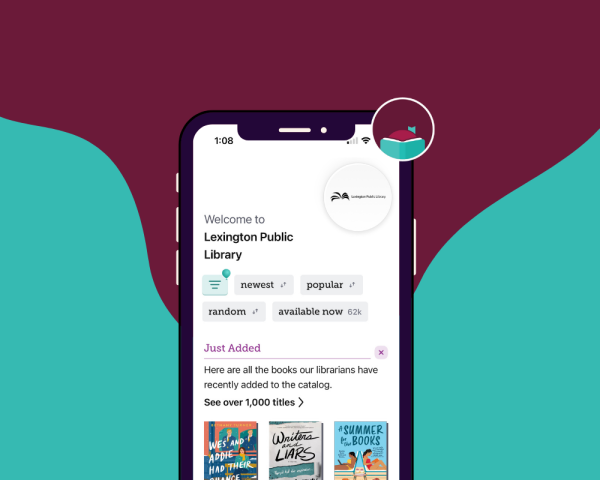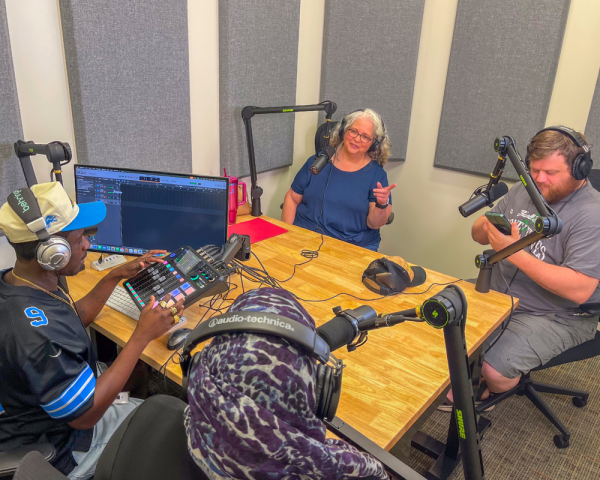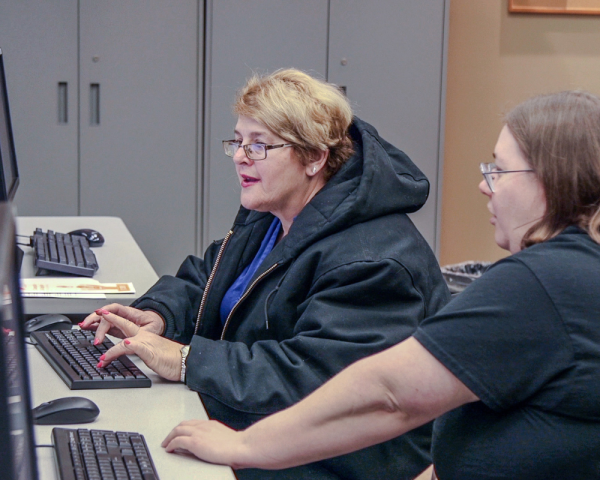

Website Search
Lexington, Kentucky (January 16, 2024) – Lexington Public Library is proud to announce their new Black Voices Book Club which is dedicated to discussing literary works by black authors. The Club meets on the third Saturday of each month.
Lexington, Kentucky (December 20, 2022) – Lexington Public Library announced today that its popular LPL After School program will return in 2023, beginning January 2.
LPL After School is a FREE drop-in program for kids aged 5-12 that takes place after regular school hours, Mondays through Fridays from 4-6pm. The Library, in partnership with God’s Pantry, will provide snacks for all participants as well as STEAM and enrichment activities, homework help, and reading recommendations. And there’s no need to register—just show up!
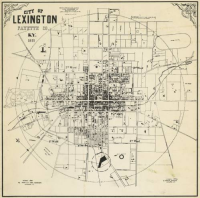
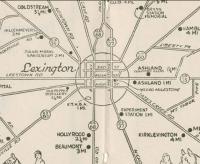
The Kentucky Room's collections contain Lexington's residential directories going back over 200 years, and are some of the most useful resources for researchers looking for family information, neighborhood histories, and house histories.
Together, we’ll enrich our Lexington Public Library for the next 230 years.
Tracing its history back to 1795, the Lexington Public Library is a gateway to knowledge, a bridge to opportunity, and a hub for community connection. The name of the society honors that legacy — when a small group of citizens came together to create something lasting for their community - a library positioned to evolve to meet the ever changing needs of our community.
Members of the 1795 Society are philanthropic leaders and dedicated library champions. Supporters make a three-year pledge of at least $1,000 per year - whether you are an individual donor interested in making an annual or monthly gift, you are making your estate plans, or you are a corporate partner looking to connect your organization to community impact, we invite you to join this legacy of connection, learning, and leadership in support of the public library!
Join the 1795 Society, a community who enable the Library’s critical work and build a legacy of learning, access and opportunity for generations to come.
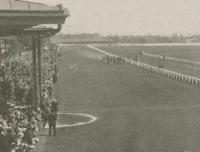
Fayette County's local businesses and organizations contain a wealth of information about local residents.

